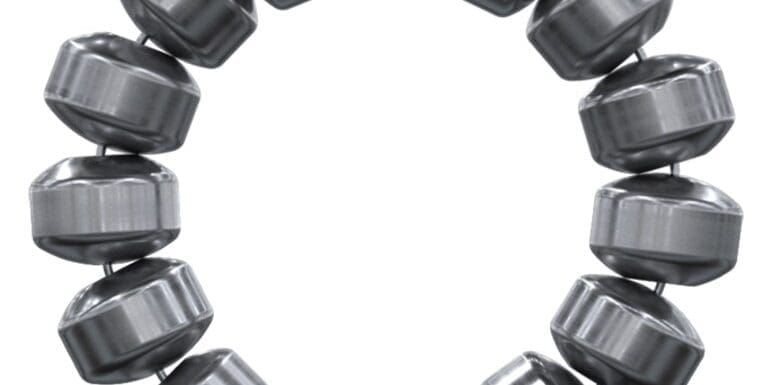Treatment of reflux after gastric sleeve with the LINX procedure
Gastroesophageal reflux disease (GERD) can sometimes be an issue for patients who have undergone a gastric sleeve procedure. In the past, sleeve patients experiencing severe symptoms sometimes had to be converted to a gastric bypass to control their GERD. However, a new procedure called the LINX Reflux Management System offers a promising new solution for managing GERD symptoms in these patients.
Why is reflux after gastric sleeve common?
Gastric sleeve surgery, or sleeve gastrectomy, involves removing a large portion of the stomach, which can lead to changes in the pressure dynamics of the LES. This can result in an increased risk of acid reflux and GERD symptoms.
What is the LINX Procedure?
The LINX system is a small, flexible ring of magnetic titanium beads that is surgically placed around the lower esophageal sphincter (LES). This device helps to reinforce the LES, preventing stomach acid from flowing back into the esophagus while allowing food and liquids to pass through normally.
Benefits of the LINX Procedure for Reflux after Gastric Sleeve
-
-
- Minimally Invasive: The LINX procedure is performed laparoscopically, which means it involves small incisions and typically results in a quicker recovery time compared to traditional surgery.
-
- Effective Symptom Relief: Studies have shown that the LINX system can significantly reduce GERD symptoms. For example, a clinical trial found that 85% of patients no longer needed daily proton pump inhibitors (PPIs) one year after the LINX procedure.
-
- Preservation of Normal Functions: Unlike some other surgical options, the LINX device allows patients to belch and vomit normally, which is important for overall digestive health.
- Reversible: The LINX device can be removed if necessary, providing flexibility for future treatment options.
-
Considerations and Risks
While the LINX procedure offers many benefits, it is important to consider potential risks and complications. These can include difficulty swallowing, post-operative pain, and the possibility of the device eroding into the esophagus. However, these risks are generally low, and the procedure has been shown to be safe and effective in clinical trials.
Conclusion
For gastric sleeve patients struggling with GERD, the LINX Reflux Management System provides a viable and effective treatment option. By reinforcing the LES and preventing acid reflux, the LINX device can significantly improve quality of life and reduce the need for daily medication.
If you are considering the LINX procedure, it is important to discuss it with your healthcare provider to determine if it is the right option for you.
: Ethicon | J&J MedTech
: Mass General
: Gastric Sleeve Center

JourneyLite recommends Dr. Valerie Williams for the Linx procedure:
Edgewood, KY 41017-3403


